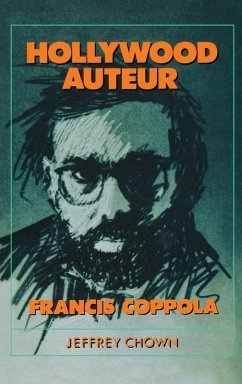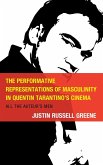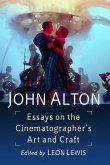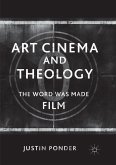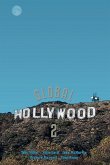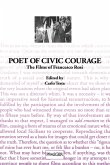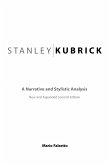In this extensive, critical survey of Francis Coppola's films, Chown attempts an auteur theory analysis tempered with an interesting overview of the turbulent economic and corporate controversies that have surrounded Coppola. The book follows Coppola's career in chronological order, from You're a Big Boy Now (1967) to Gardens of Stone (1987). Chown is less concerned with Coppola's themes than with his financially ruinous quest for a cinema that is both commercial and personal, and publicly accessible as well as visually experimental and narratively nonlinear. Chown concedes that these seemingly contradictory goals are not always achieved by Coppola, but he presents a timely defense of one of the most important new Hollywood filmmakers of the 1970s. The book also offers a much needed introduction to Coppola's work as a screenwriter in the 1960s, contrasting his early narrative skills with his evolving desire to break away from narrative structure. Highly recommended for public and academic libraries, community college level up. Choice Hollywood Auteur details the struggle between art and commerce in Hollywood filmmaking as exemplified by the career of Francis Coppola. Amid the dealmaking, creative compromise, and collaboration of modern American filmmaking, Coppola's career demonstrates how problematic the term auteur is in this milieu. Chown assesses the romanticism surrounding the cult of film directors in general and Coppola in particular. He argues that, ultimately, the idea that the actual personal vision of one director can be expressed in big-budget Hollywood films is highly suspect. Yet, the weight of this insightful volume suggests that Coppola may have an individualistic genius in the management of his career. Chown concludes that Coppola's status as a role model for a generation of young filmmakers and directors is well earned.

